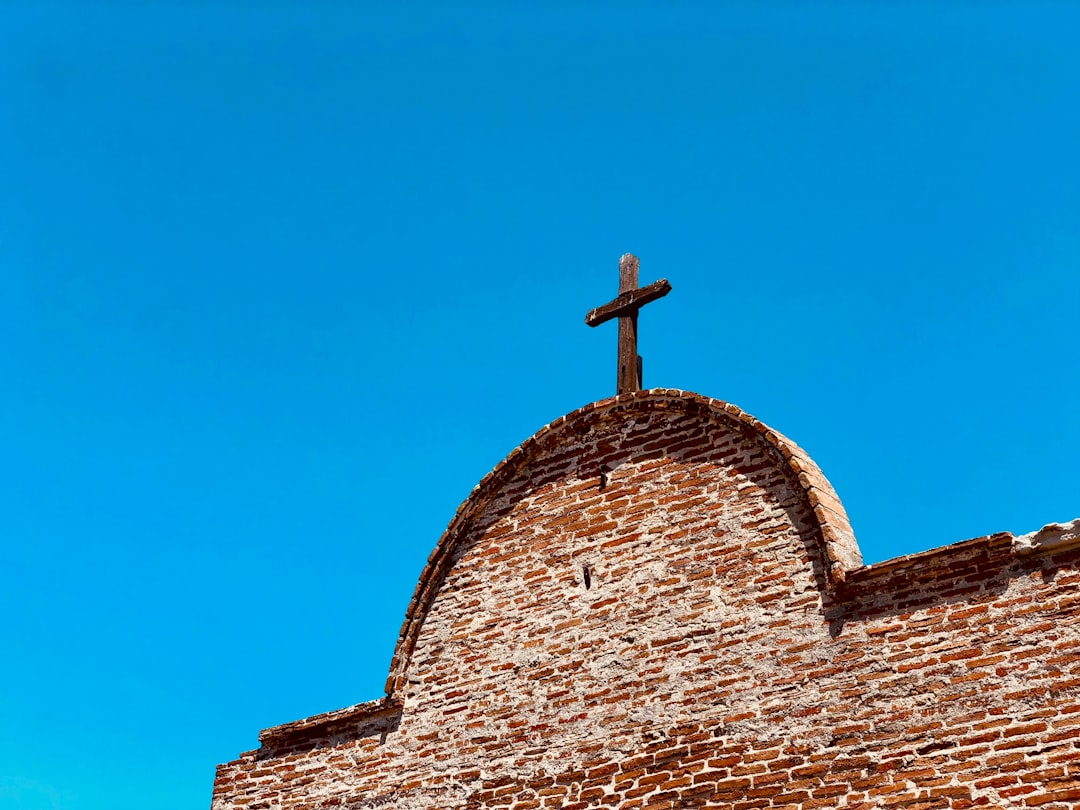Missio Dei: The Mission of God
Missio Dei is a Latin term that translates to "Mission of God" or "Sending of God." It refers to the idea that God is actively engaged in the world, working to fulfill God’s purpose and mission. This mission of God is not simply one of many church activities but instead encompasses all of creation and all aspects of human life. Most importantly, it focuses on God’s purpose and plan for redeeming and restoring all creation.
“It is not so much that God has a mission for his church in the world, but that God has a church for his mission in the world.” (David Bosch)
Missio Dei is not a program of the church; it is the purpose of God, for which God has built the church.
Missio Dei is not the calling of a few select “super-Christians;” it is the plan of God, to which all believers have been called and sent.
Missio Dei is not an optional elective; it is the mission of God, the very definition of the Christian life.
God is already at work in the hearts of humanity even before we take our first step in this mission. This is what we call prevenient grace—the grace of God that goes before us, given to every human being before we ever arrive on the scene. Prevenient grace provides e pvery human being with the opportunity and ability to turn to Christ and begin walking in the way of the Lord. Without it, we’d have no hope.
We may sometimes forget it, but God is not only at work within the four walls of my local church. God is at work in the world—all of it. The church has been sent into the world as a missionary—agents of God’s redemptive mission.
“Many times [Jesus] stopped his planned agenda to turn aside and care for someone else who seemed to be interrupting him.” (Jay Pathak and Dave Runyon)
Jesus often stopped what he was doing—even sometimes in the middle of a journey or while on an important errand—to care for the well-being of an individual. Jesus allowed his schedule and agenda to be interrupted for the sake of Missio Dei's. People are more important than my pre-determined schedule and plan for my time.
“Disciples of Jesus live a mission-shaped life. Every life is a missionary life. Every marriage is a missionary marriage. Every vocation is a missionary vocation. We’re all here on assignment.” (Leonard Sweet)
Being a Christian – a disciple of Jesus Christ – is not limited to the stuff we give our attention to during a two-hour window on Sunday morning. The Jesus-centered life is all-inclusive, encompassing every aspect of life. This is what it means to “live on mission” or to practice “missional living.”
Living into the Missio Dei means living a mission-shaped life, working hard to nurture mission-shaped marriages, embracing the missionary calling as an individual, a family, and a church, realizing that your chosen vocation is a missionary vocation with a missionary purpose and that we are all ambassadors of our Savior, sent to represent the Messiah in the messy world in which we live.
“The greatest issue facing the world today, with all its heartbreaking needs, is whether those who…are identified as “Christians” will become disciples…of Jesus Christ, steadily learning from him how to live the life of the Kingdom of the Heavens into every corner of human existence." (Dallas Willard)
Being identified as a Christian is not enough. We must become disciples. A disciple, by definition, embraces and carries out the plans and purposes of the Master. Discipleship involves a deep and personal commitment to the way of Jesus, seeking to live the way that Jesus lived (1 John 4:6).
As we walk with Jesus, we find ourselves walking in the way of the Missio Dei in every aspect of our human existence--daily life, relationships, work, and everything else that defines who we are. We are Christlike agents of transformation in our world. We embody love, justice, compassion, and grace, just as Jesus did.
“The church can never be ‘on a mission’ because that presupposes an ‘off’ switch, and you can’t be ‘off mission’ and still be a church. The church is mission." (Leonard Sweet)
We cannot turn Missio Dei off and on like a light switch. The church is always in a state of mission. It can be no other way. Instead of saying, “Our church is on mission,” it would be more appropriate to say, “Our church IS mission.” As the church, we do not exist to carry out a list of activities, create revenue streams to keep our operation afloat, or provide spiritual entertainment to those who enjoy such things.
Missio Dei is our identity; it’s who we are as the church.
“The mission of God—his purpose for all people and the whole earth—starts with creation in Genesis 1 and culminates with new creation in Revelation”
—Dean Flemming—
Great Sea Monsters
God created the great sea monsters and every living creature that moves, with which the waters swarmed after their kind, and every winged bird after its kind; and God saw that it was good. —Genesis 1:21 (NASB) Wait. What? Sea monsters? Yes. Or, perhaps, you might prefer to call them dragons?
Just a Minute...I've Got To Put On My Incarnational Face
“And that is the wonder of all wonders, that God loves the lowly….God is not ashamed of the lowliness of human beings. God marches right in. He chooses people as his instruments and performs his wonders where one would least expect them. God is near to lowliness; he loves the lost, the neglected, the unseemly, the excluded, the weak and broken.’
13 Ways to Get to Know Your Neighbors
Having good neighbors provides added value to life. Being a good neighbor is equally valuable. However, good neighboring is not always easy in our individualistic Western society. Jay Pathak and Dave Runyon, in their book The Art of Neighboring, observe:






